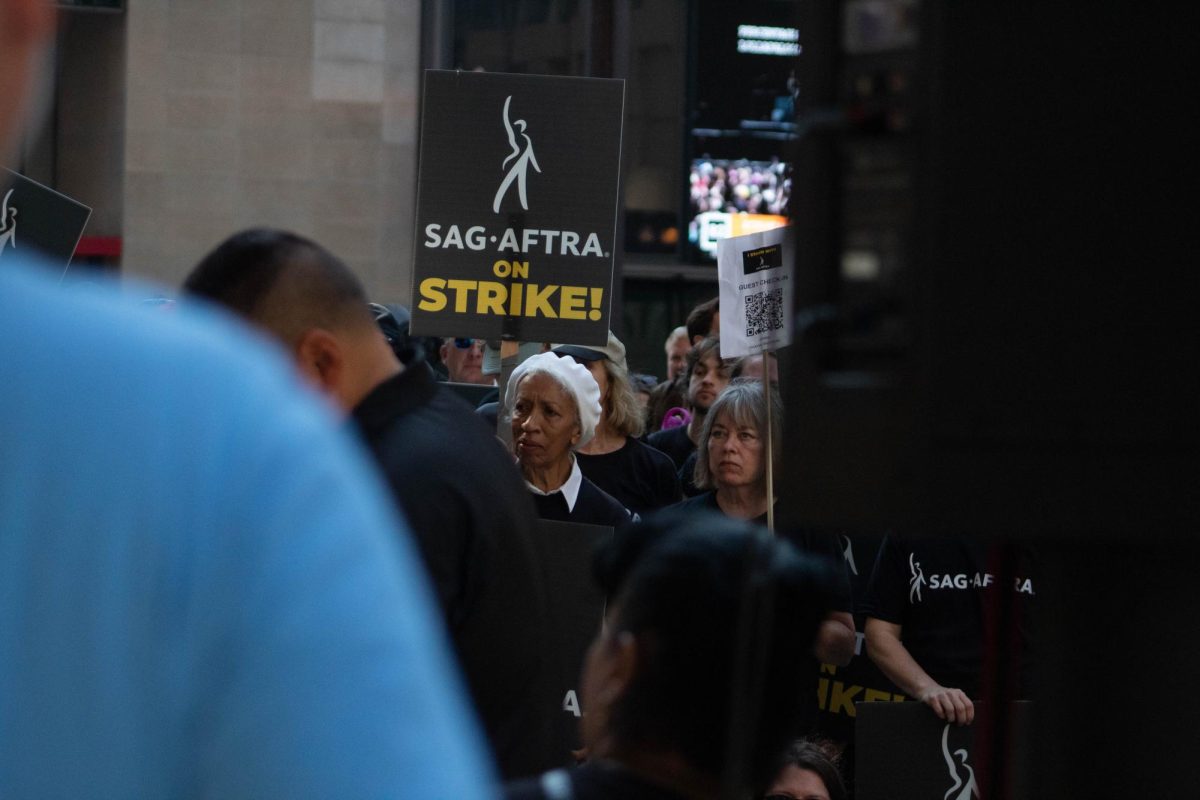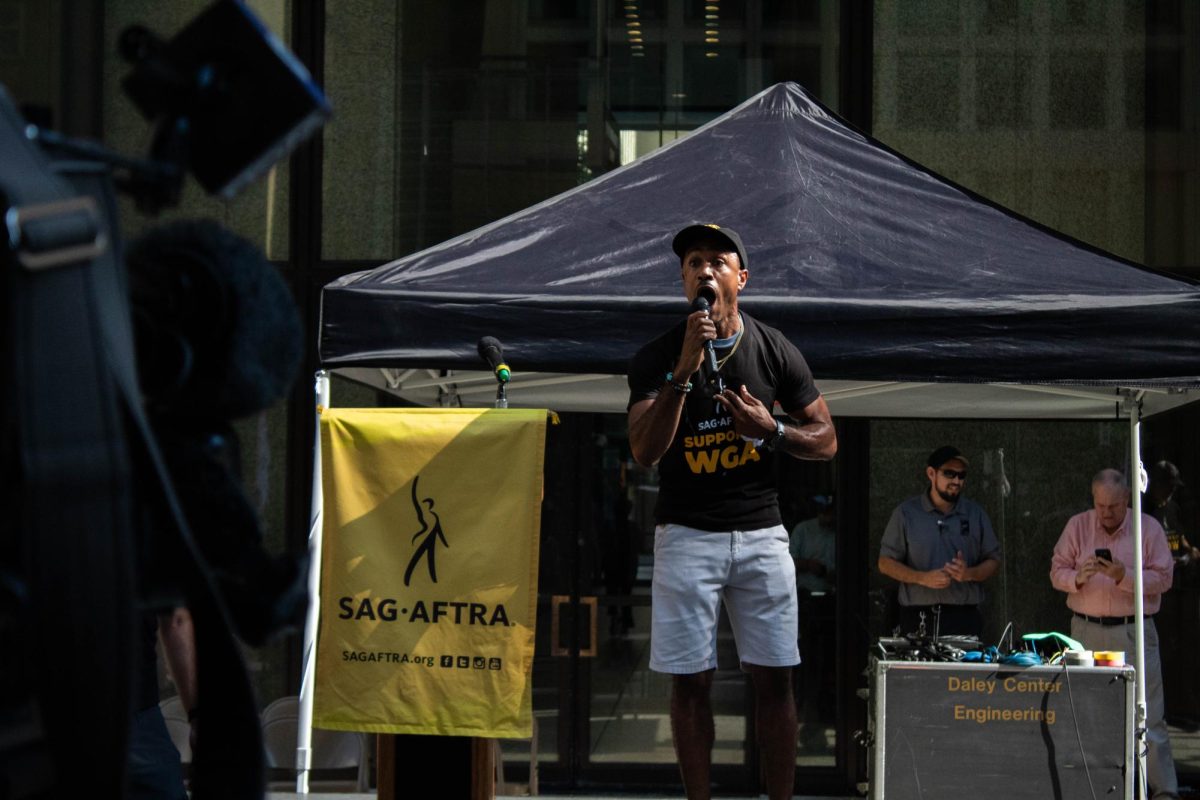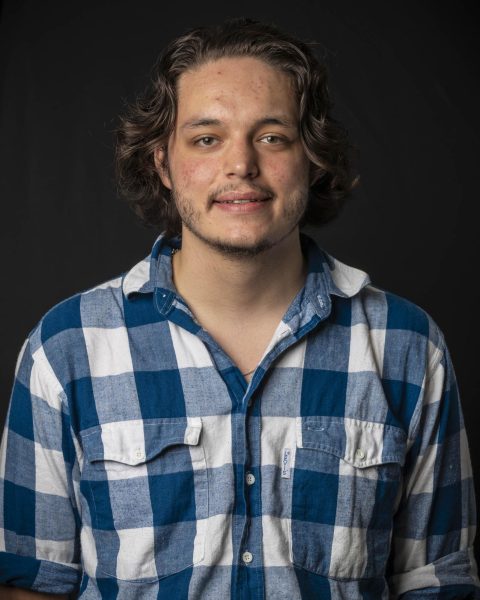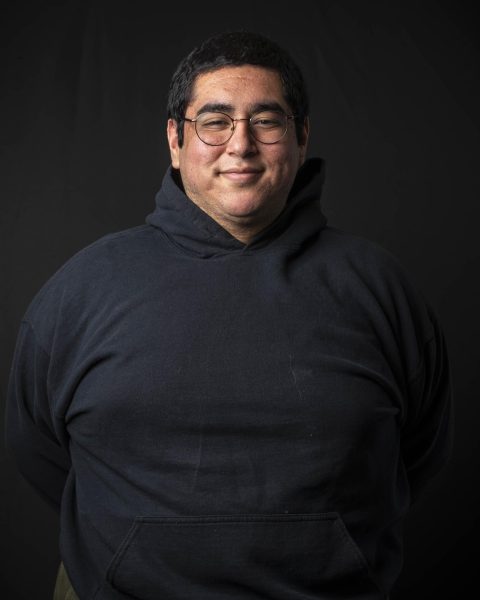Columbia TV and cinema professors are preparing to address the summer strikes done by Hollywood’s writers and actors when students return to the classroom this fall.
The Writers Guild of America and the Screen Actors Guild – American Federation of Television and Radio Artists went on strike after their contracts expired with the Alliance of Motion Picture and Television Producers, the association that represents media companies such as Netflix, Disney and Paramount.
Writers went on strike May 2, and were then joined by SAG-AFTRA July 14, making it the first time since 1960 that both unions have been on strike at the same time.
The strikes center around two issues that will impact students entering the entertainment industry after graduation: artificial intelligence and streaming
“The model that they’ve created doesn’t work anymore,” said Eric Scholl, interim co-chair of the Cinema and Television Arts Department. “All of these streamers are no longer considered content developers. They’re no longer considered studios. They’re considered tech.”
Scholl, an associate professor, said this is problematic because the only way to make money is through subscriptions, which is not a viable model.
“It needs constant growth or it can’t make money,” Scholl said. “Venture capitalists are saying, ‘You promised us growth but where is the profit?’ If there is no profit, then the money goes away; then the money for the budgets goes away, and the only answer is to make fewer shows or to basically not pay people as much. So that’s what’s at stake here.”
The growing sophistication and use of artificial intelligence also impacts writers and actors.
“As AI gets more capable, there’s a thought that it can write our series for us.” Scholl said. Actors are worried because they, too, could be replaced. “AI-generated visuals are getting really sophisticated,” he said.
With over 400 students from last year’s graduating class majoring in theatre or cinema and television arts, some professors are concerned about helping students heading into the new semester.
“We’ll be talking about the strike a lot this semester as it goes on and hopefully resolves at some point.” said Sharon Ross, an associate professor in Cinema and Television Arts. “The big thing we’ll be looking at is how streaming has supposedly given the consumer a bounty of riches and has supposedly created all this artistic freedom for writers, producers, and directors, but in actuality it’s a business model that has chipped away at a steady income for creative people.”
Thelma Vickroy, interim associate dean of LA programs and former chair of Cinema and Televisions Arts, said she also plans to teach about the strikes. “They need to understand what they’re fighting for.” Vickroy said.
On Aug. 4, WGA and SAG–AFTRA members gathered in Daley plaza for a rally.
Angela Morris, board member on the Chicago local of SAG-AFTRA and part-time instructor of voiceover for interactive gaming, has been a union member since 2015.
Morris said the strike is not just for working creatives but for future generations as well.
“Support SAG–AFTRA, especially at an art school like Columbia, because we are really fighting for the future of our profession,” Morris said. “We are trying to fight for those who come after us.”











